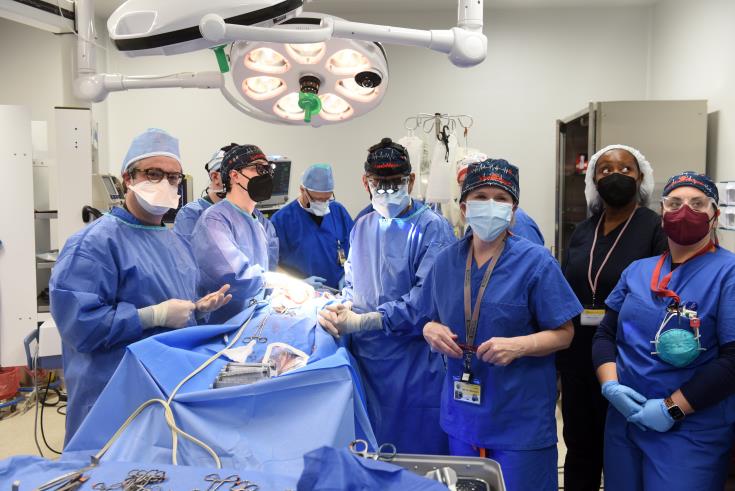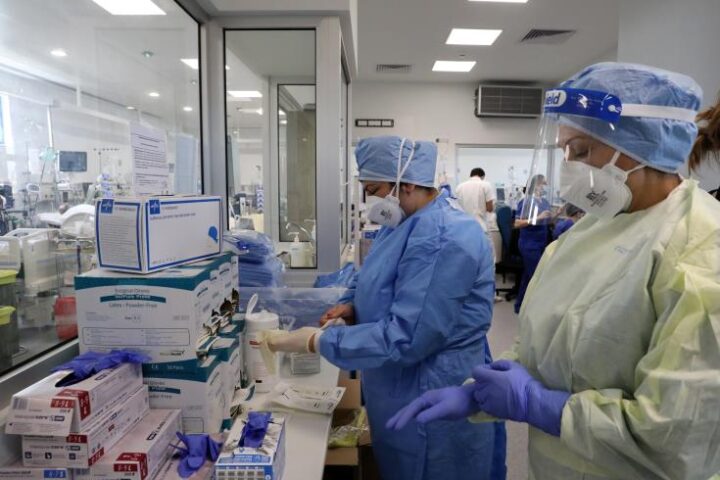Heart transplants from genetically modified pigs are the only solution to the acute global shortage of human organs for transplantation, said President of the Cyprus Heart Society, Dr Theodoros Christodoulides.
Commenting on the first heart transplant performed from a genetically modified pig on a 57-year-old American, Dr Christodoulides said it is an “important and pioneering step”.
He said there is still a long way to go before its application to the everyday practice of medicine.
Doctors say that David Bennett, 57, is doing well five days after the experimental seven-hour procedure in Baltimore.
The transplant was considered the last hope of saving his life, though it is not yet clear what his long-term chances of survival are.
Doctors at the University of Maryland Medical Center were granted a special dispensation by the US medical regulator to carry out the procedure on the basis that Mr Bennett – who has terminal heart disease – would otherwise have died.
Dr Christodoulides said the number of heart failure patients increases each year, with several people on transplant waiting lists dying before receiving the vital organ.
“Patients with heart failure reach – despite treatments – a terminal stage and end up with no other choice but transplantation.
“There are many treatments for heart failure, but they are not always therapeutic.”
Many Cypriots are on waiting lists at centres abroad with little chance of getting a transplant.
It is the first time that xenotransplantation has been attempted in this form worldwide.
Christodoulides said there had been a paediatric case where a monkey heart was used, however unsuccessfully, having lasted only for a few days.
Other transplantation types are also being attempted, with the most frequent application being the transplantation of animal cells to humans to treat certain conditions.
There are transplantations of prosthetic heart valves from animals.
The animal valve itself is not transplanted, but valves are made from material taken from animal hearts, either pigs or cattle.
He added that this material is shaped like an artificial valve surgically implanted in patients, “a well-established method, very often used with great success, but which is very different from solid organ transplantation.”
“There are other issues relating to this procedure, namely compatibility, i.e., the possibility that the human body might reject the animal heart”.
“This does not happen when animal material is used for new valves because it is not the whole organ…valves do not have a blood supply, so it is a different situation.”
The genetic modification method is used to modify the animal’s DNA, so the human immune system does not recognise it as foreign and reject it.
He said the main challenge is for the body of the US man not to reject the heart..” it is unknown when and if that will happen.”
A pig was selected for the transplant because its heart anatomy resembles the human heart.
Christodoulides said organ donation culture in Cyprus “is still catching up” and re-emphasised the need for organ donation in the country. (source CNA)









